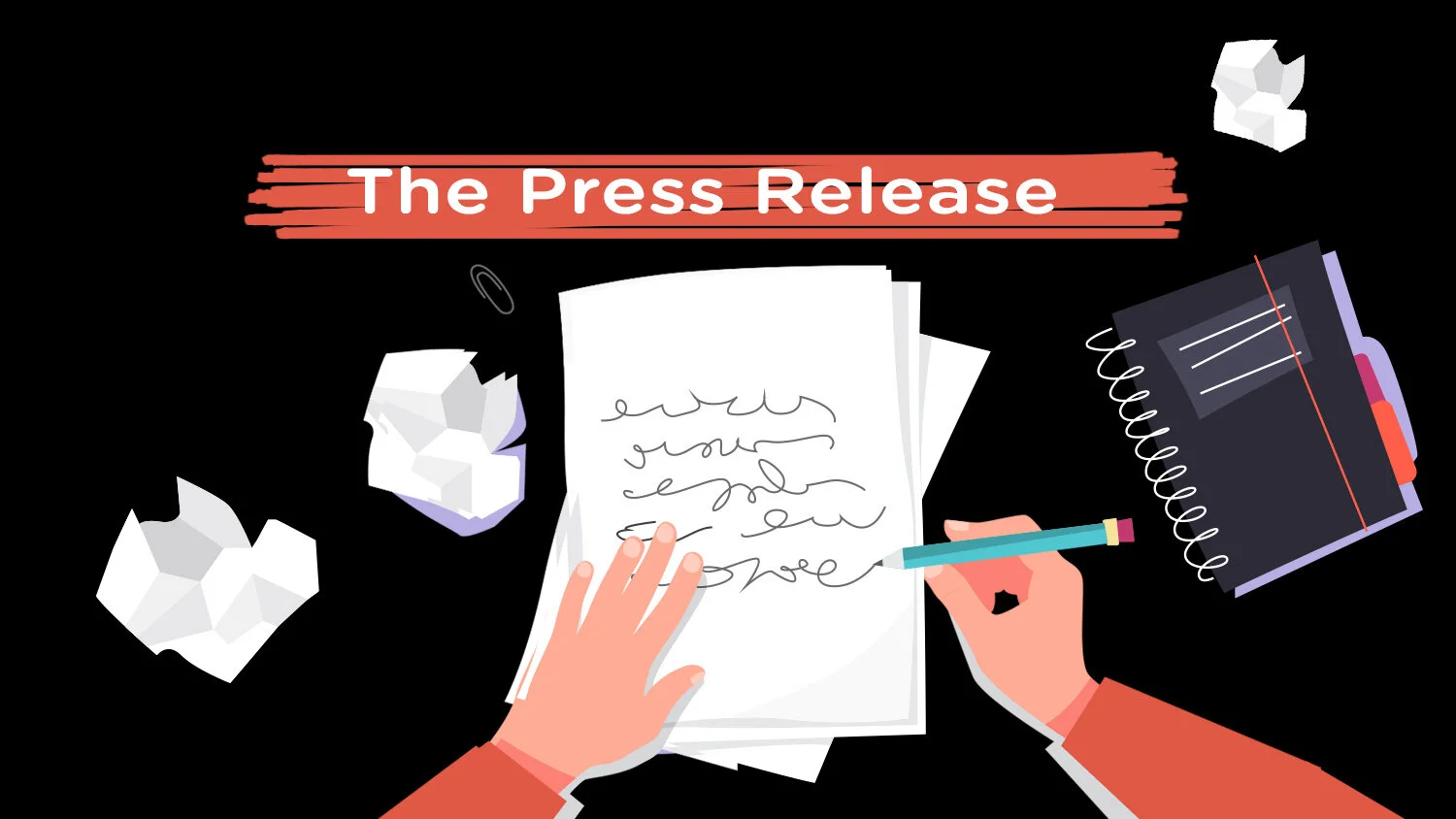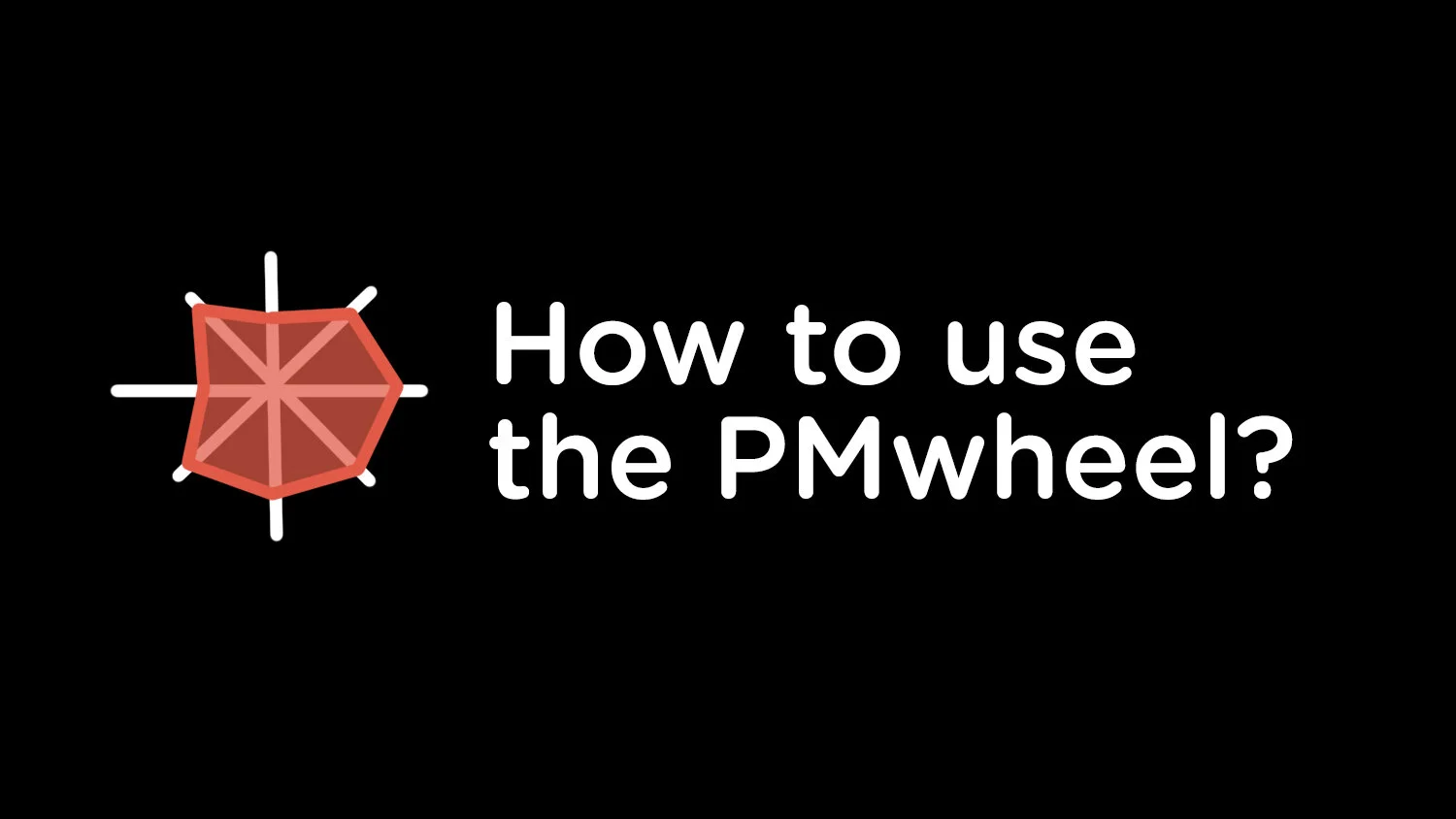Did you know that only about 25% of product managers say that their company supports and values self progression? This means that 75% of product managers aren’t receiving the optimal level of support when it comes to personal and professional development.
Read MoreOne of the not-so-hidden secrets for developing new products or features is called “working backwards.” This practice involves writing a press release before you even start to develop a new product or feature. The idea is that the process of writing a press release will help you to put your customers first and focus on the most essential aspects of your product.
Read MoreHow can you help your product managers meet their goals? It helps to translate big, lofty ideas into specific plans of action. And one tool that can help you achieve that is the Future Self template.
Annu Augustine is the founder of product management training and consulting company NedRock in beautiful Cape Town, South Africa. Annu has also found this framework useful in her training and consulting work.
Read MoreIn every product organization, you as HoP—along with your product managers—must constantly balance product discovery (what to build) and product delivery (build it). Do too much of the former, and you’ll never get anything built. Do too much of the latter, and you’ll fall victim to building the wrong products in a beautiful way.
Read MoreIn my time as a product coach, I’ve had the opportunity to work with a number of great product people, and around half of them have been women. My work with leaders and aspiring leaders in the product world has given me insight into many companies and industries. If I’d been an employee, I might have only had experience with a handful of companies, but as a coach I get to work with dozens.
Read MoreMy virtual book tour is still going full force and my latest stop was close to home at ProductTank Hamburg.
Read MoreEven if you haven't read the book Leaders Eat Last by Simon Sinek, you might have seen the title. And if you are a product leader, chances are you believe in servant leadership or the fact that you should prioritize your team’s happiness, health, and motivation above your own.
Read MoreSpring is just around the corner in the northern hemisphere and since most people around the globe are still fighting the pandemic, our work/life balance continues to be a challenge. Many of us haven’t seen our colleagues, employees, and peers in person in a long time. Everyone seems to be exhausted and drained from the last 12 months of home office, homeschooling, home everything.
Read MoreIn my new book STRONG Product People: A Complete Guide to Developing Great Product Managers, I’ve aimed to deliver everything a product leader needs to help team members live up to their full potential and to feel empowered. Get a quick overview of the book here and find out how I recommend approaching the content in the book here.
Want to actually dive into some of the book content? In this post, you can preview Chapter 11: How to Find the Time?
Read MoreIn the past, I’ve written a few posts about the PMwheel, a tool I created to help define product managers’ roles and responsibilities. But today, I’m excited to share someone else’s perspective. Sophia Höfling is a Head of Product at Babbel. She’s been using the PMwheel as a coaching tool for the product managers on her team.
Read MoreOne of the biggest topics I address in my daily work is the development of strong product people. I help product leaders to understand the importance of people development and I’ve created all sorts of frameworks and canvases. My goal is to help them become the best coach their PMs have ever had.
Read MoreIn our conversation about STRONG product people, I chose to focus on Chapter 4: Define Your Good. You’ll hear about my own approach to defining good and the six personality traits that I believe define great product managers.
Read MoreThree interviews, three podcast episodes, four wonderful hosts! Tune in if you want to hear me talk about my career in product, how product leaders can build a strong product organization by helping every individual on their team to develop, and about my new book (of course!).
Read MoreBig announcement! My book, STRONG: A Complete Guide to Developing Great Product Managers, is now published. If you already know you want to get a copy (or two), you can do so here.
Want to learn a little bit more about who the book is for and what you can expect to learn from it? Keep reading!
Read MoreWe’ve been hearing a lot lately about the speedy development of the COVID vaccine. Great news, right? Well, there are a lot of people who are worried that by getting this vaccine, they’ll be turned into the “guinea pigs” of the pharmaceutical industry. The common argument is that “A vaccine that has been developed this fast can’t be tested well enough.” But as a product person, I completely disagree.
In my career as a product manager—and in my work as a consultant and coach—I’ve had the opportunity to observe several product initiatives that have unfolded in a pretty similar way: there’s no time to lose and we have external pressure to succeed (if we don’t, we’ll run out of funding, money, or lose important customers).
Let´s assume you are a Product Manager and you know or have figured out what your next best development topic is (e.g. by using the PMwheel) you then should come up with something I would call a development plan. Something that helps you commit to small actions that get you closer to the competent product management personality you want to become.
The future-self framework takes the form of a document that you need to fill, and it has four parts: As-Is, To-Be, Actions and a Timeframe.
Read MoreThe PMwheel has become a reliable compass for people who want to navigate their product career or develop their direct reports. It’s an approach that I have personally used in my work with clients ever since I developed it.
For managers, The PMwheel is a simple, but powerful way to assess the responsibilities, skills, and knowhow of your product managers. Keep in mind that no two assessments for your different product managers will be the same—some will be stronger in one area, while others will be stronger in others.
Read MoreI have created the PMwheel back in 2016 to give my coaching sessions with PMs from all over the globe some more structure and I am using it ever since in my work with my clients.
And I figured out that it is a framework that many of my former coachees are still using long after they have left the initial company. They, in this case, are mainly using it as a tool for self-assessment in times where there is no line-manager helping them with their personal growth. It became a compass for many people that helps them navigate their product career. So I have decided to share it with a much bigger audience to help even more people with it.
Read MoreBack in 2016, I was working with the product organization of a larger tech company. They asked me to help every product manager on the team “understand the role of the product manager better,” and to help the product managers understand what “better” would actually look like.
This was not an easy challenge and, although I had a certain take on what product managers should be responsible for, I lacked a clear framework—an assessment that I could have discussed with the individual product manager in one of our coaching sessions.
Read MoreSome weeks ago, I had the honour of being interviewed by Teresa Torres. There was no shortage of topics for us to cover in our recent conversation. We’ve talked about my upcoming book, about how to develop STRONG product people if you are a product leader and about my coaching cards.
Read More


















